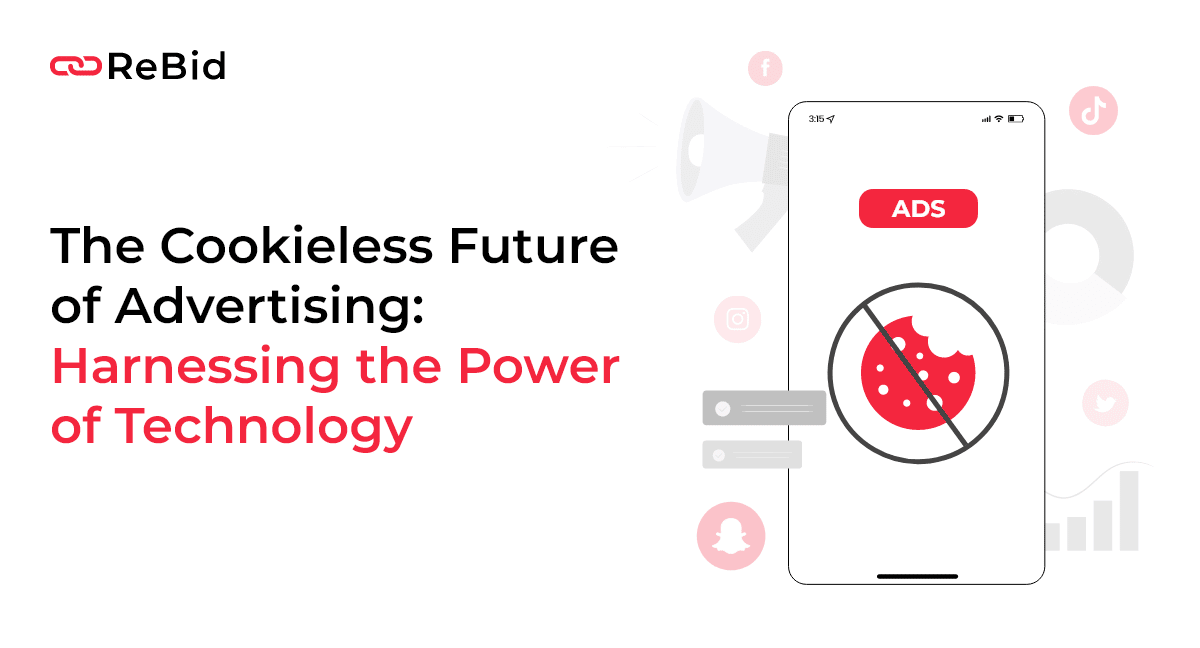The reason why the world is getting ready for a cookieless future is to do with the fact how cookies were used or let’s say misused. The use of cookies has come under increasing scrutiny in recent years, due to concerns about data privacy and consent. Users’ personal information and browsing history can be collected and used without their knowledge or explicit consent, which raises concerns about privacy violations. In addition, there have been several high-profile cases of data breaches and mishandling of personal data, which has further increased concerns about the use of cookies.
The importance of finding alternative methods for online advertising has increased with the announcement from Google that it plans to phase out support for third-party cookies in its Chrome browser by H2 of the year 2024. With Google’s announcement, it means that advertisers will no longer be able to rely on third-party cookies to track and target users on Chrome, which is one of the most widely used browsers. This change is expected to have a significant impact on the online advertising industry and will require advertisers to find alternative methods for tracking and targeting users.
Navigating the Cookieless Future: How Technology is Revolutionizing Personalized Advertising
In the cookieless future, adtech will play a key role in enabling businesses to continue to deliver personalized and targeted advertising, without relying on cookies. Some of the technologies that are likely to be important in this cookieless future include:
- Device IDs: Businesses can invest in technology that use device IDs to identify and track users across different devices and platforms. This allows them to collect data about user behavior and interests, and deliver personalized ads based on this data.
- First-party data: Instead of relying on cookies, businesses can collect user-level data directly from their customers, through interactions on the business’s website or mobile app. Investing in the right martech tools that help in delivering personalized experiences based on customer touchpoints, so that customers share their PII data is important.
- Audience segments: Instead of targeting ads based on individual user data, businesses can use audience segments to deliver ads to groups of users who have similar interests and behaviors. This allows them to deliver personalized ads at scale, without needing to collect and manage individual user data.
- AI and machine learning: AI and machine learning algorithms can be used to analyze large volumes of data, and analyze past behavior of campaigns, extract insights & trends that can be used to improve the targeting and personalization of ads. This allows businesses to deliver relevant and engaging ads, even in the absence of cookies.
Overall, the role of technology in the cookieless future will be critical in enabling businesses to continue to deliver personalized and targeted advertising, without relying on cookies. By using technologies such as device IDs, user-level data, audience segments, and AI and machine learning, businesses can continue to deliver relevant and engaging ads to their customers, and drive business growth.
At the same time, the use of these technologies will also require businesses to be mindful of data privacy and consent, and to ensure that they are collecting and using customer data in a responsible and ethical manner. This may require investments in technologies and processes for managing and protecting customer data, as well as changes to marketing and advertising strategies.
Overall, the cookieless future presents both challenges and opportunities for businesses, and those that are able to effectively navigate these changes and leverage the right technologies will be well-positioned to succeed in the digital landscape.
You don’t need a toolkit to combat the cookieless future. All you need is one Platform, ReBid
ReBid’s technology offers a number of solutions to help advertisers and marketers adapt to the cookieless future.
All the features which will help a marketer to become future proof like onboarding first-party data, harmonizing it, and further enriching it with data collected from device ID and IP targeting, is just the start.
Another key feature is audience segmentation based on interests. ReBid’s technology can help advertisers and marketers to effectively target and measure their advertising campaigns in the cookieless future by providing a range of alternative solutions such as cohort-based segmentation of first-party data. Further ReBid allows a marketer to activate these data in various campaigns across marketing and advertising platforms. So what are you waiting for?
Book a demo with ReBid to get equipped for the cookieless future




